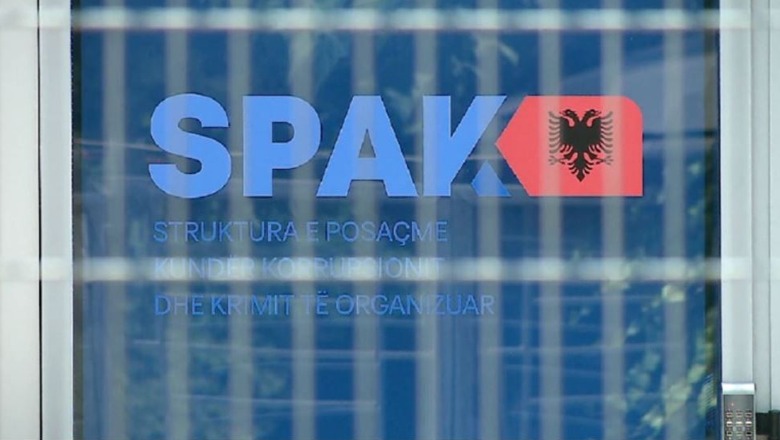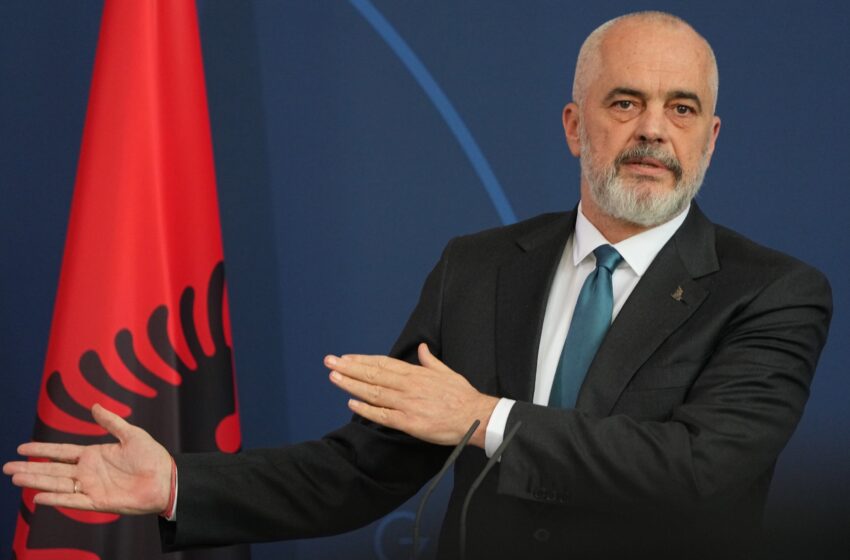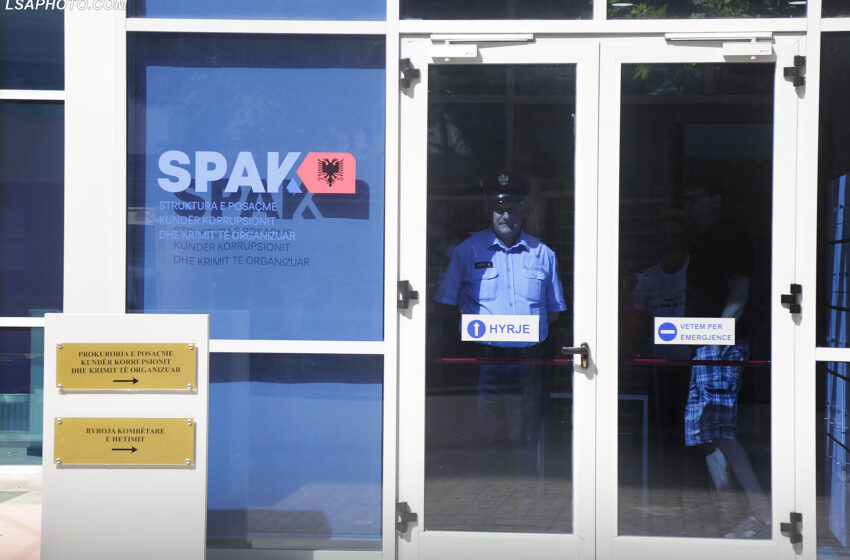Former Deputy Head of Police summoned by SPAK following questioning of his former boss on events of January 21

Following the interrogation of the former General Director of Police, Hysni Burgaj, the Special Structure Against Corruption and Organized Crime (SPAK) has now called in his deputy for questioning concerning the events of January 21, 2011, where four protesters were killed in front of the Prime Minister’s office.
Why is this important: The questioning marks a critical development in revisiting the actions of the top police officials during and after the 2011 protests. The scrutiny of these officials is part of ongoing efforts to clarify their roles and responsibilities during the tragic events, amidst longstanding accusations of misconduct.
Context: On January 21, 2011, during a protest against the government of then-Prime Minister Sali Berisha, caused by the publication of a vide in which former president Ilir Meta was shown discussing a 700,000 Euro bribe, four demonstrators were fatally shot, leading to national outrage and demands for accountability. The former deputy head of police, closely associated with Berisha’s administration, and the police force as a whole were criticized for their handling of the situation during and after the protest. Among other things they are accused of sabotaging the investigation into the killings and refusing to carry out arrest warrants issued by the prosecutor’s office. This recent summoning by SPAK reflects the ongoing legal and judicial efforts to address past abuses and ensure justice.
· Investigative background and allegations
The police leadership at the time, including the deputy head, was accused of failing to act on arrest orders for the ‘fire group,’ member of the Guard of the Republic who were alleged to be responsible for opening fire on protestors killing four and wounding many more. Investigations were launched against them in 2014 for abuse of office, but these were initially suspended by a justice system which at the time was still largely loyal to former Prime Minister Berisha. The European Court of Human Rights has highlighted serious delays and mismanagement in handling the orders, which potentially compromised the investigations.
· Agron Kulicaj: a feared and controversial figure
Agron Kulicaj, the deputy in question, was one of Berisha’s closest men and started as his bodyguard before being propelled to the position of Deputy General Director of the State Police. His tenure lasted eight years until the change of government in 2013. Kulicaj’s influence and actions have been a point of contention; diplomatic cables have indicated concerns about his integrity, describing him as a corrupt figure whose presence undermined international confidence in the Albanian police. He was widely seen as the person who was really in charge of the State Police.
· Diplomatic concerns and implications
Disclosed diplomatic wires, from the US Embassy, expressed apprehensions about Kulicaj’s involvement in corruption at high levels of the Albanian police and links to organized crime. Among other things, he was suspected of involvement in a tragic incident where one of Albania’s most feared mobsters shot and killed four policemen who were trying to apprehend him. The concerns were significant enough that some international donors were hesitant to support the Albanian police while he was in office. The cables suggested that any action against Kulicaj was impossible unless Prime Minister Berisha ordered it, underscoring his significant political protection and influence. He was widely suspected and accused by the opposition at the time of doing Sali Berisha’s dirty work and being one of his links to the Albanian underworld.
· Ongoing Legal Proceedings
The re-examination of the January 21 incident by SPAK, initiated in July of this year following a directive from the Supreme Court, signifies a renewed focus on these events. This includes assessing the actions of key figures like Sali Berisha, former Interior Minister Lulzim Basha, and others involved, underlining the persistent legal and public demand for accountability and transparency in Albania’s political and judicial processes.


